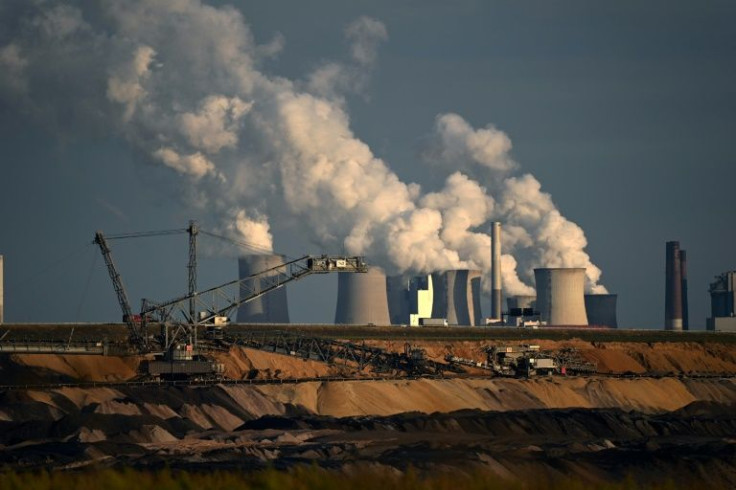Green Revolution On Hold: Russia Pushes Germany Back To Dirty Coal
The Green revolution suffered a significant setback in Europe this week, with Germany reverting to coal-powered plants once it ditched for less polluting natural gas plants. Austria and the Netherlands have followed suit with their plans to revert to dirty coal for their energy needs.
Once, Europe was at the forefront of the green energy revolution, which sought to free the world from polluting gasses and chemicals by promoting energy-producing alternatives to coal-powered plants, like wind-turbine and solar-panel farms.
The trouble is that the energy produced by this method has been too small and unreliable to accommodate the energy needs of the member states. Thus, other energy sources had to fill the gap, like less polluting natural gas-powered plants, which soon replaced coal-fired plants.
But most European countries do not have sufficient natural gas supplies to fire these plans. So they had to import it from neighboring Russia. Apparently, European politicians at that time didn't think of the trade-off between environmental goals and energy dependence goals.
Now, they have to pay dearly for this policy mistake, as Russia turns off these supplies to punish Europe for taking the wrong side in the Russian-Ukraine war. And pushing them back to the old days when coal-powered plants served their energy needs.
"This is a big setback for green initiatives," Michael Clarke, founder of Pulled, a home management platform, told International Business Times. "With the levels of airborne toxins and pollutants, including mercury, lead, sulfur dioxide, nitrogen oxides, particulates, and various other heavy metals, this change will create a negative impact on the environment and lead to reduced air quality and negative consequences for plant life and biomes that have not been impacted recently by some of the more-clean initiatives that have been in place."
Clarke warns the world of what that means: additional pollution and an environment under stress.
Michael Edesess, Managing Partner, Special Advisor at M1K LLC, isn't surprised by this setback in the green revolution. "It should be no surprise that situations arise in which carbon dioxide-emitting fossil fuel use will be ramped up, for geopolitical or other reasons," he told International Business Times. "The energy transition away from fossil fuels, though it will surely occur, will take decades and experience ups and downs along the way."
The true believers in the green revolution must set more realistic goals so they won't be in for another nasty surprise. "Goals like "net zero [emissions] by 2050" are purely aspirational because there is no way of knowing if they can be met," adds Edesess. "The danger of stating them, while they may help to fortify the committed and pressure some of the uncommitted, is that they will lose credibility when there is a setback like this one and lose their power."
Still, Markus Maibaum, a Plant-based food expert at Veganivore and a green revolution follower, is very concerned about the environment. But he understands the seriousness of the situation. "I voted green and against coal," he told the International Business Times. "But I don't feel betrayed by the decision (from the greens) to go temporarily back to coal. I trust in my government to only use these extreme measures to prevent an even worse outcome."

© Copyright IBTimes 2024. All rights reserved.












